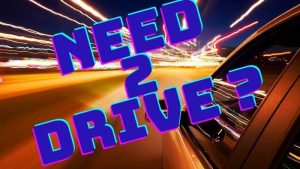The United States Supreme Court recently addressed the question of whether the Confrontation Clause of the  Sixth Amendment is violated when a substitute analyst provides expert witness testimony about the results of forensic testing performed by a non-testifying analyst.
Sixth Amendment is violated when a substitute analyst provides expert witness testimony about the results of forensic testing performed by a non-testifying analyst.
The Court held that when an expert, in this instance a substitute analyst, presents the out-of-court statements of another analyst as the basis for their own expert opinion, the statements are being offered for their truth.
This implicates the Confrontation Clause because the defendant is not able to cross-examine the original analyst about the testing procedures and results.
 Carolina Criminal Defense & DUI Lawyer Updates
Carolina Criminal Defense & DUI Lawyer Updates
 especially if they suspect impairment and decide to conduct a sobriety test. Among the various methods employed by law enforcement to assess impairment, the walk and turn test is a very common DWI field sobriety test in North Carolina.
especially if they suspect impairment and decide to conduct a sobriety test. Among the various methods employed by law enforcement to assess impairment, the walk and turn test is a very common DWI field sobriety test in North Carolina.
 you get a work privilege or hardship license?”
you get a work privilege or hardship license?” 